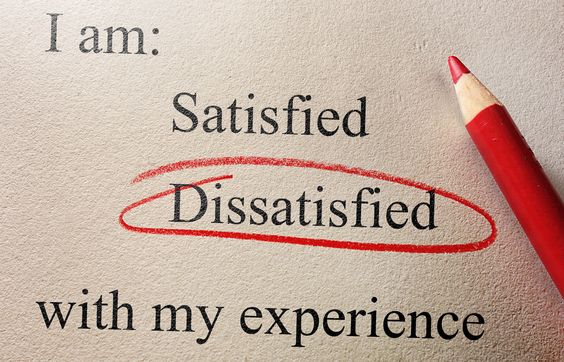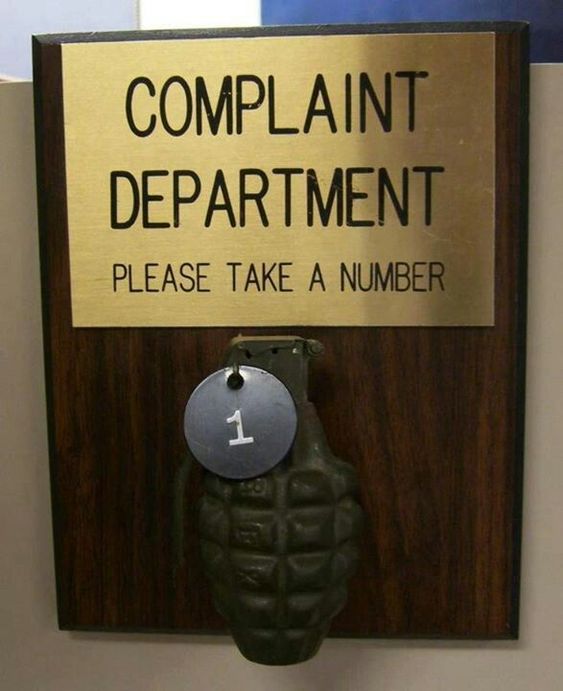Employee complaints are to get addressed with utmost. Care and attention for long term employee engagement.
“A good manager doesn’t try to eliminate conflict; he tries to keep it from wasting the energies of his people. If you’re the boss and your people fight you openly when they think that you are wrong–that’s healthy.”
Robert Townsend
Being a manager is mostly a balancing act, weighing the wants, needs and priorities of different people against each other. You should keep everyone around you satisfied, including both the executives above you making demands and the workforce on the ground floor carrying them out. It is you who meet the two ends and lead the bottom line people to produce and deliver those results the C-suit wants.
employee complaints are common in every workplace. As a professional mediator or manager, you need to keep an open mind when it comes to managing complaints. You may hear a lot of excuses for managerial inaction when it comes to employee conflicts. Sometimes you might be in frustration and ignores the employees. But knowing how to listen to and resolve complaints is a critical skill for every supervisor, manager and team leader to possess.
With our top suggestions, you will get to know how to create such an organisational climate and methods to deal with employee complaints.

How to deal with employee complaints
“Take good care of your employees, and they will take good care of your customers, and the customers will come back.”
J. Willard Marriott
- Listen to your employee
We know, listening complaints is not at the top your list of favourite things to do. Similarly, most of the employees do not enjoy complaining always. So, if your people approach you with a complaint, it is likely a legitimate problem, and you need to take action. After all, one charge may be something small, but another could be something that affects the entire organisation or unit. So never ignore any of the claims you receive.
- Investigate
Investigate the complaints you receive in your way. You need to assemble all the necessary facts by interviewing the employees. Then, Separate the facts from over-exaggeration and assess the credibility of the complaint. Also, know and recognize that you may not be able to be neutral or the right person to investigate the complaint. It may be appropriate to have someone else take over the investigation like your boss or even human resources. Remember, you want objective facts.
- Take appropriate action
If wrongdoings did take place or the complaint is substantiated, you need to take appropriate action to correct it. If it requires discipline for an employee, consult human resources or your legal representative. Keep in mind those collective bargaining agreements that specify discipline procedure.
- Maintain a detailed written report
After completing the investigation, you need to document the specifics of the complaints. Note down the factors that affected its outcome and the reasons why a particular action had taken. This document proves that the complaint was handled and will protect the company.
- Follow up with the employee
Let them know that the complaint has resolved. Make sure the employee knows that you are there for them if they feel things didn’t get fixed. Approach them always how things are going until the complaint gets fixed. Employees want to know you hear them when they acknowledge their concerns.
Legitimate employee complaints can gesture not only discontent in the workspace, but also can help to shine the light on serious infractions or criminal conduct at your office. So, listening to your employees and addressing their concerns can be great for your company culture.
It also shows them respect and fosters a sense of pride and accountability in their work and helps the management to frame policies and procedures acceptable to the employees. These benefits easily justify the implementation of a useful and effective system for the employees to express feelings, discontent and dissatisfaction openly and formally.

“The responsibility of a company is to serve the customer. The responsibility of leadership is to serve their people so that their people may better serve the customer. If leaders fail to serve their people first, both customer and company will suffer.”
Simon Sinek, author, motivational speaker and marketing consultant





